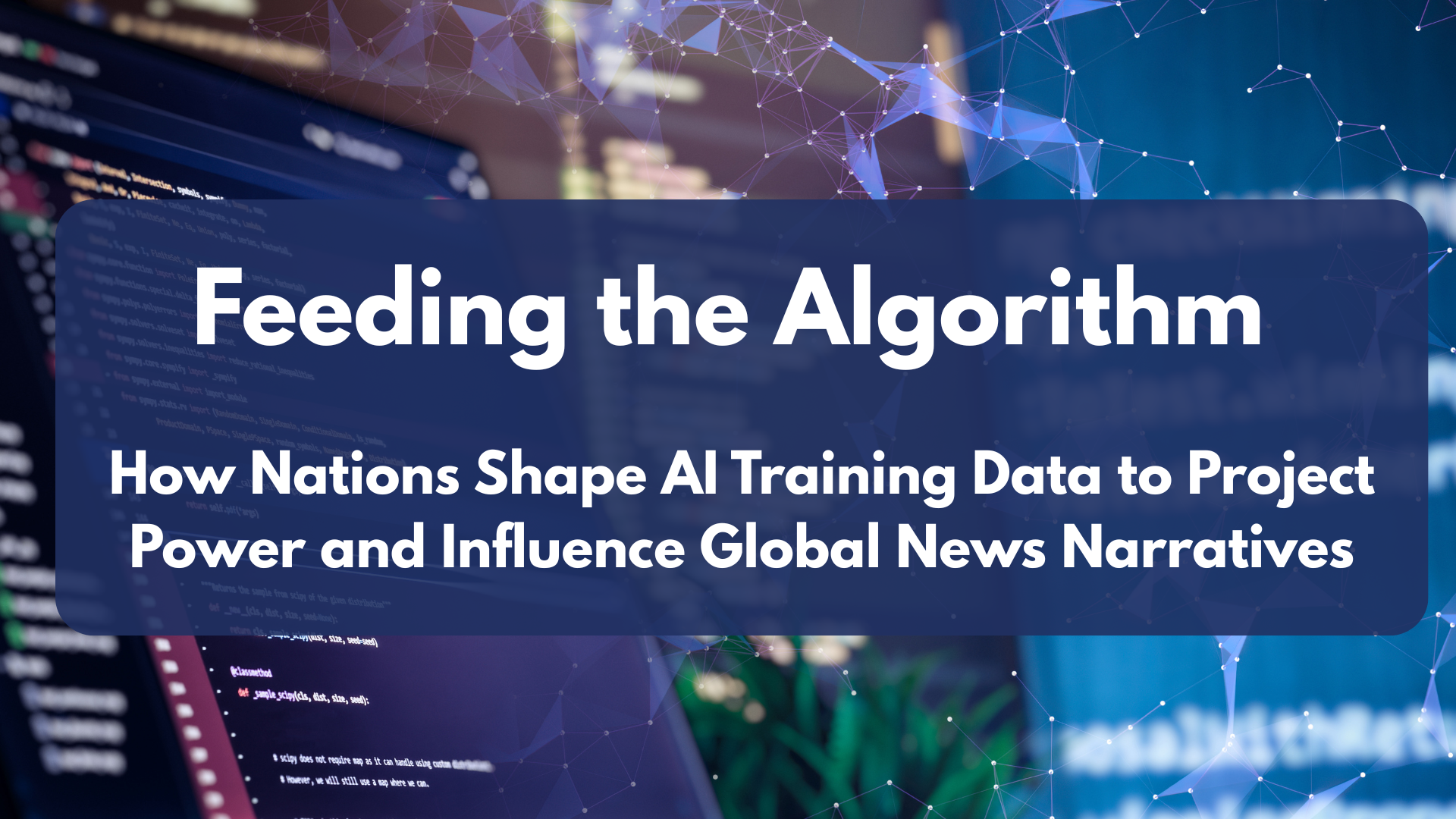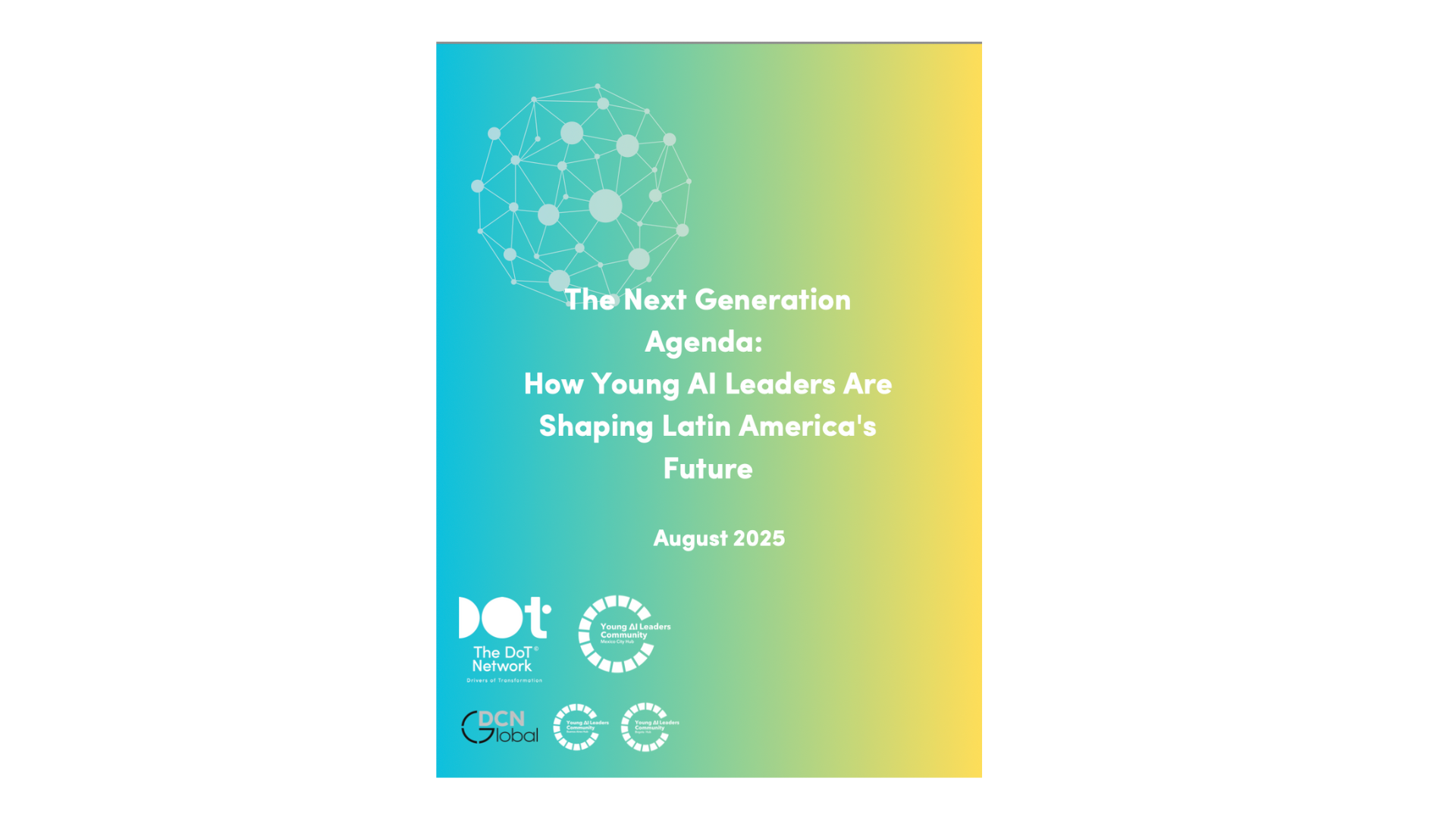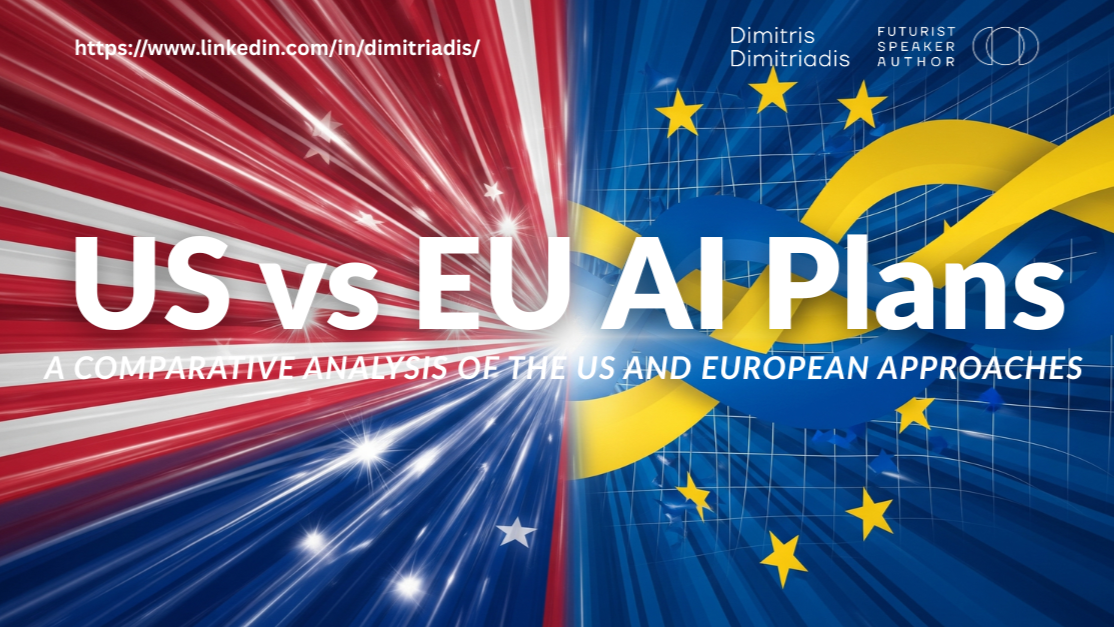15.07.2022
Thessaloniki. The weather is great, summer hitting its heat.
And I can't wait to go to school. Imagine that.
03.08.2022
And I was right that I couldn't wait to go back to school. But not any school. Even though it is a summer school, for me it was life school. And life changing experience .
Two weeks after it has finished, I am still amazed. Collecting the memories, stories, and lectures I heard from the people I met.
It was breathtaking. For me, as a theatre director, educator, worker in the arts and psychologist, it was really important to hear the lectures and the stories, to see photo journalism from the professors and the students.
I was amazed by the storytelling. As I sat and listened, I realized that for me, everything works if there is a story behind the story. Or if there is a story, a frame, an idea, a narrative. That's how I see the world and that's how I go through it. And here you see it through every word, in every lecture and from every human being.
As I work in the media in many ways, through theatre and education, digital marketing, and production, I wondered every time I was listening to the lectures about fake news, how the media can change the whole narrative with even one false example or statement.
It is huge and we must talk and think about that and how we use our social media, what we read, what we present to the audience and how we do it.
The second and the third day I was already in tears and moved by the lectures and stories shared by the teachers: Leora Kahn, founder and executive director of PROOF, and Ilvy Njiokiktjien of VII Photo Agency.
Ms. Leora talked about media for social justice and Ms. Ilvy guided us through her work that included storytelling and communication with people you work with.
Why were these two lectures so important for me?
Because they showed me how to use media for social good. No fake news, just experiences and stories from people, real people, young ones, women, living at the edge of the society and expressing their core. And the way they were talking with passion and empathy about the world, it is something we all have to have and give in our work, to make it more humble.
How was this important for my work in theatre?
First of all, the storytelling and the way you approach people. It is very important, from what I learned, to be honest and to keep the communication open. When you work with people and you share their stories it is important to be present.
Who can change society and how? Ms. Leora talked about communicating with young people because they are the ones who can change the future.
Then, how do you do that and which ways do you use to make your idea come true? Because the idea is really the most important. Ms. Ilvy taught us how to articulate our ideas and how to start working on them.
So there I was, on my third day, doing some soul searching, inspired by the lectures and the people. I had an idea long ago to stage a play named “The unwomanly face of war.” The stories were originally written by Svetlana Alexievich but how I listened to the lectures and professors talking about Ukraine and having met girls that came all the way from Ukraine for the school, together with the stories I have heard from Ilvy and Leora, I connected the dots and I realized I could do research and interviews with women who have gone through war and share their stories on stage. With facts and emotions, something like documentary and witness theatre, which is the closest form to journalism.
And I talked with the THISAM photographer Giannis Triantafyllidis and we managed to do some photo shooting. The photos that I am sharing are going to be part of the exhibition where I will share my path to that play and the poster for it.
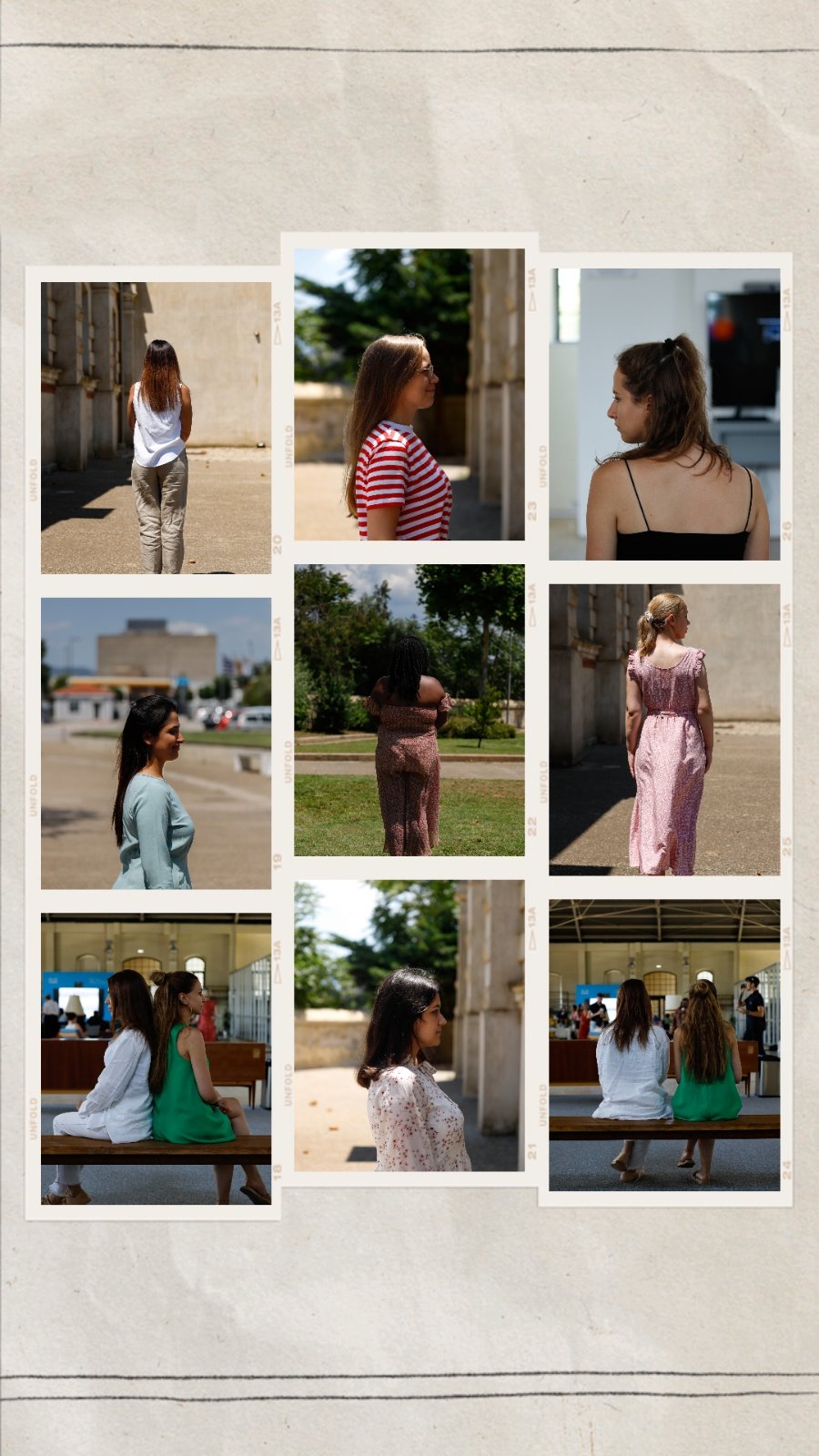
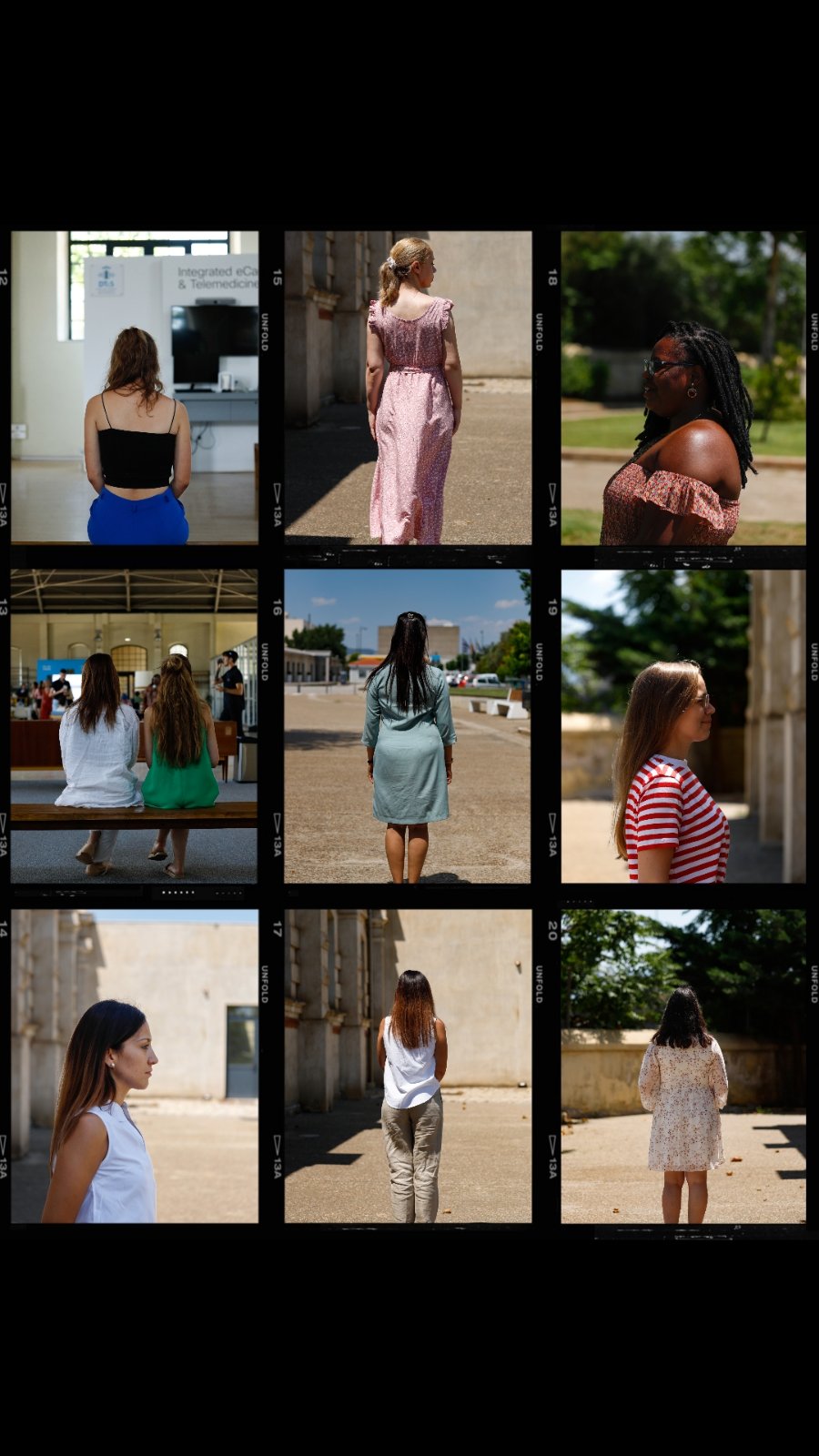
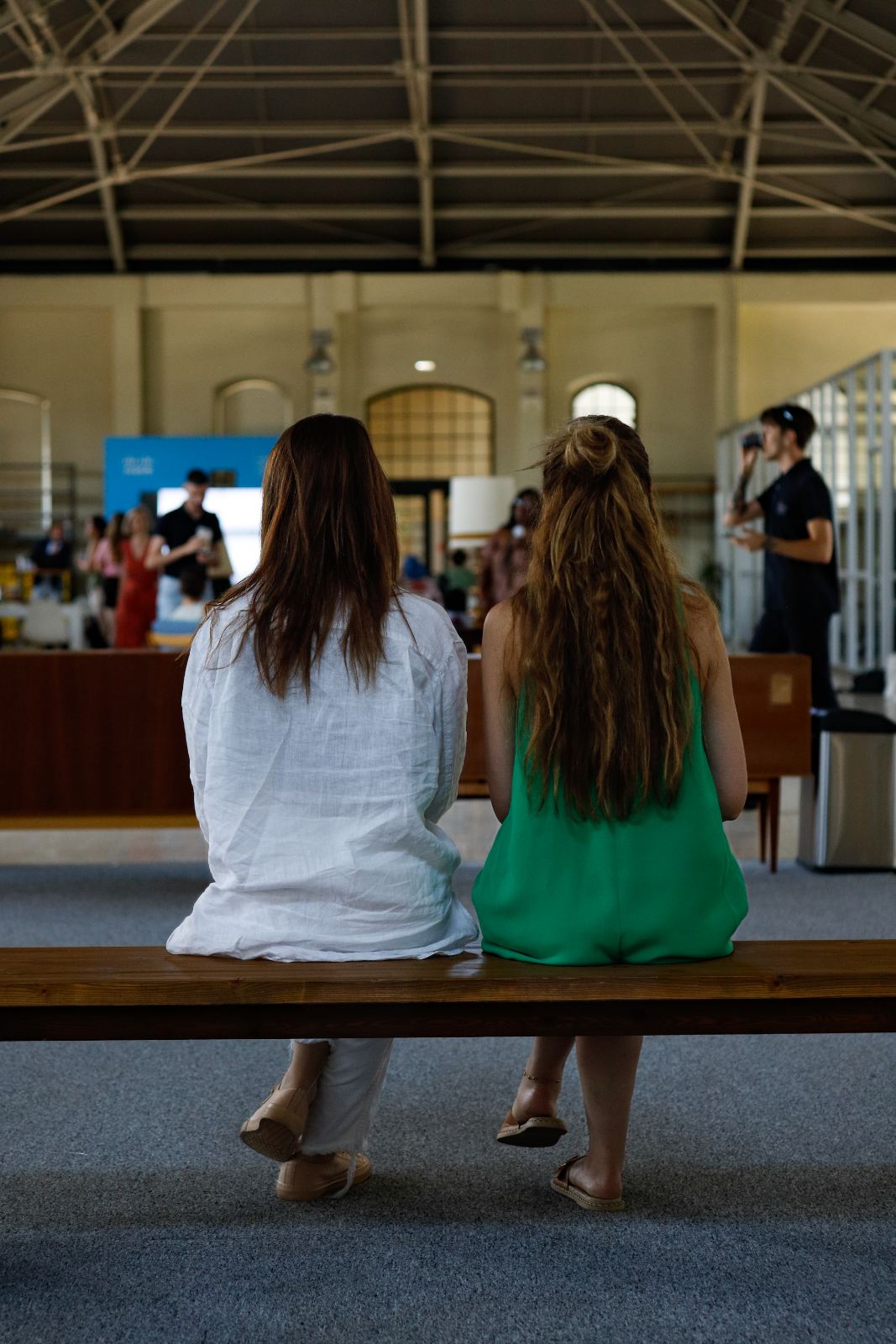
You can’t see the faces of the girls and that connected with the title could give you a little hint about the play.
Theatre is a specific tool for communication with the audience and that’s why here I will use documentary/forum/newspaper theatre in which people can see a play but also be informed about the topic and get raw information and materials.
The stories I am going to explore are ones from the Balkans, Eastern Europe, Afghanistan and Syria, but with the possibility of going global in the future.
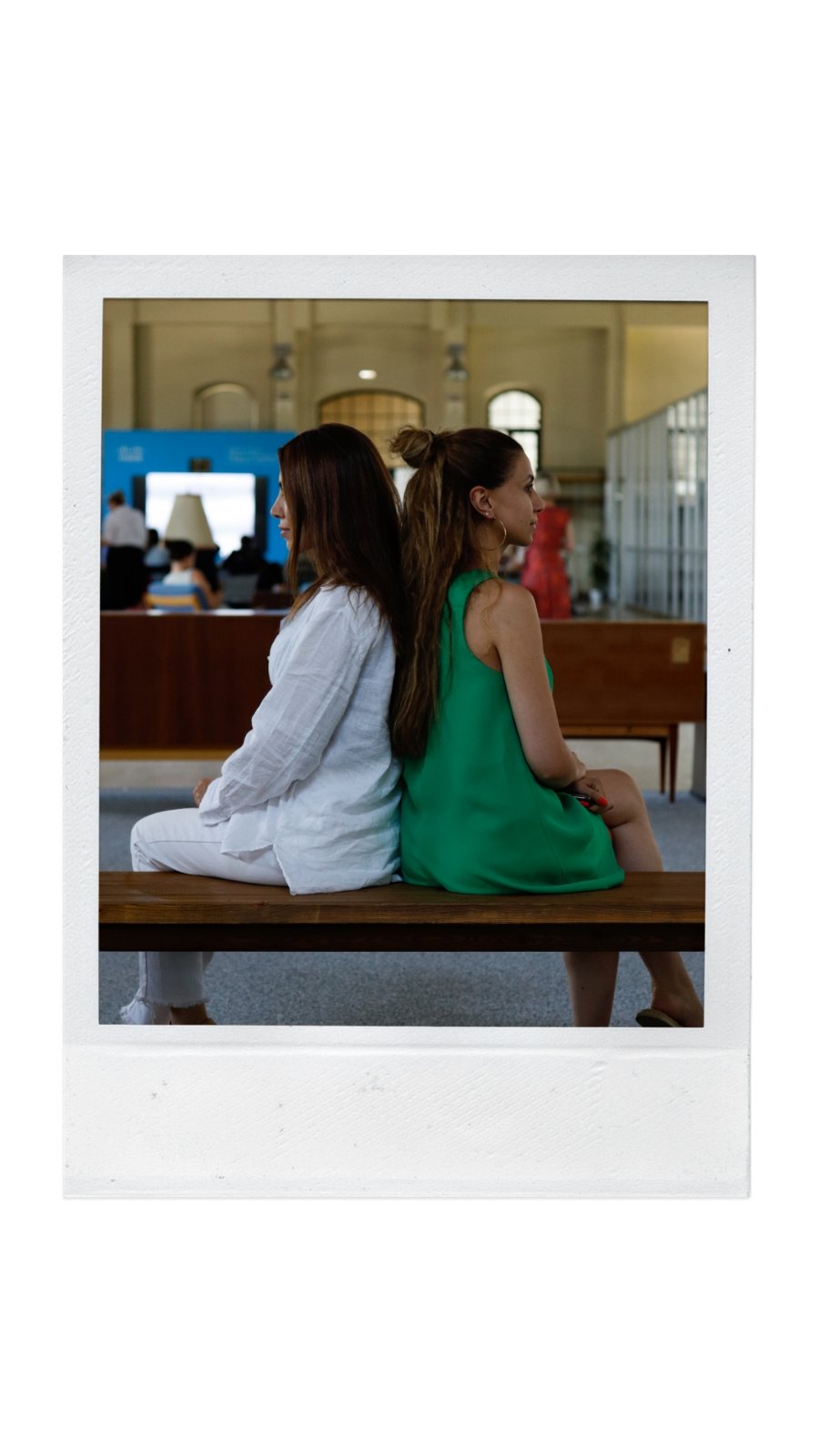
At the end I would like to connect my play with one of the last lectures that we had from professor Christophilopoulos about Dator’s Four Futures. I would like to use this method in the play and make predictions about the future that we are going to be in, in both an artistic and scientific way.
In the end, I want to say THISAM changed me as an artist but more importantly changed me as a human and as a woman.
My wish is to use all the knowledge I gathered here and I hope that next summer more people have the opportunity to come here and see what I am writing about.
Thank you, THISAM.
